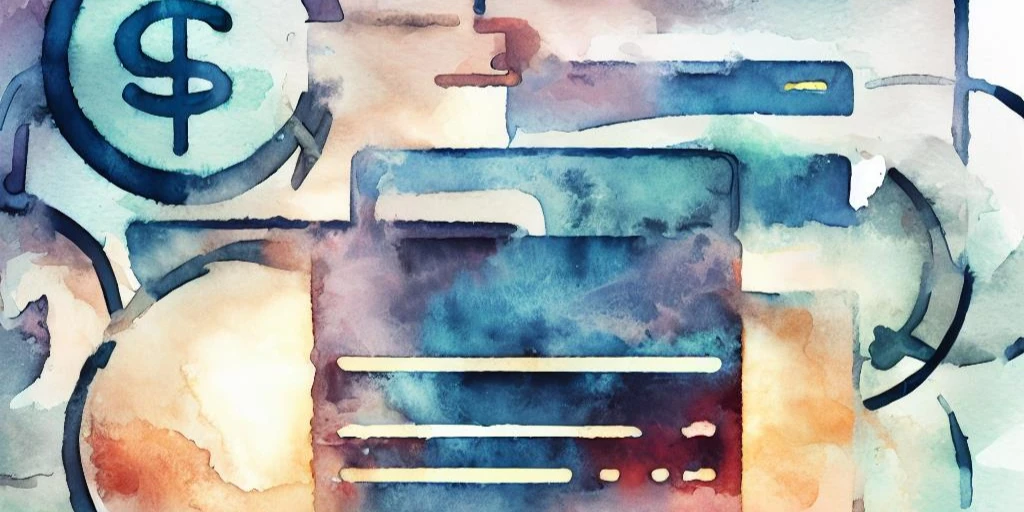2023 is moving, quickly. We're beginning conversations with our customers and partners about 2024 plans and strategies, the payments landscape in the US continues to evolve at a rapid pace.
Consumer demands for more flexibility, convenience, and security have led to an increasing need for investment in alternative payment and payout methods.
The role of digital wallets and alternative payment methods is reshaping payments and payouts, highlighting the importance of businesses adapting to these trends to maximize customer satisfaction, develop loyalty, and address the growing cross-border hiring and commerce.
Digital Wallets and Alternative Payment Methods: Reshaping the Payments Ecosystem
Digital wallets have taken the world by storm, with the number of users in the United States surpassing 140 million in 2023 (Statista, 2023). This massive adoption can be attributed to the convenience, speed, and security they provide to consumers. Digital wallets like Apple Pay, Google Pay, and Samsung Pay allow users to store multiple payment options, including credit and debit cards, as well as enabling contactless payments. These features make digital wallets a preferred choice for many consumers, leading to their widespread popularity.
It's about more than digital wallets, though. Alternative payment methods are becoming increasingly popular, such as cryptocurrency payments, buy-now-pay-later services, and peer-to-peer payment platforms. These payment methods have gained traction due to their ability to offer unique benefits to consumers, such as faster transactions, increased privacy, and flexible payment terms.
The Importance of Investment in Payment and Payout Choices
As consumer preferences continue to shift towards these alternative payment methods, it is crucial for businesses to view payments and payouts as an opportunity to:
- Maximize Customer Choice: By offering a diverse range of payment and payout options, businesses can cater to a broader audience and accommodate individual preferences, increasing the likelihood of a purchase.
- Increase Customer Satisfaction: Consumers value convenience and ease of use. By adopting new payment methods, businesses can streamline the checkout process and simplify payouts, leading to a more positive customer experience.
- Develop Experiences that Increase Loyalty: By staying ahead of the curve and implementing innovative payment solutions, businesses can demonstrate their commitment to meeting customer needs, fostering long-term relationships and loyalty.
- Address Rapidly Increasing Cross-Border Hiring and Commerce: With the gig economy booming and the increasing interconnectedness of the global market, businesses must adapt to facilitate cross-border transactions. Digital wallets and alternative payment methods enable seamless transactions and payouts, regardless of geographical location, making them essential tools for businesses operating in today's globalized economy.
Recent Statistics Highlighting the Need for Investment
The recent surge in e-commerce has made it essential for businesses to adapt their payment systems to meet consumer expectations. According to a 2023 report by Adobe, US e-commerce sales are expected to reach $1 trillion, representing a 23% growth from the previous year (Adobe, 2023). As more consumers turn to online shopping, the demand for diverse payment options will continue to grow, especially as global consumers make more global purchases (which alternative payment methods make increasingly easy).
Moreover, the gig economy in the US has experienced significant growth, with an estimated 70 million Americans participating in it as of 2023 (Forbes, 2023). This trend highlights the need for businesses to adopt payment and payout methods that cater to a wide range of freelancers and gig workers. Yes, it’s bi-directional: Payments and payouts are equally impacted by the shift to alternative payment methods.
So Now What?
As consumer preferences shift towards digital wallets and alternative payment methods, businesses must invest in payment and payout choices to stay competitive. By adapting to these trends, businesses can maximize customer choice, increase satisfaction, develop loyalty, and better address the challenges presented by cross-border hiring and commerce. Failure to adapt could result in missed opportunities and a diminished market presence in an increasingly digital world.


 Jeff Katz
Jeff Katz



